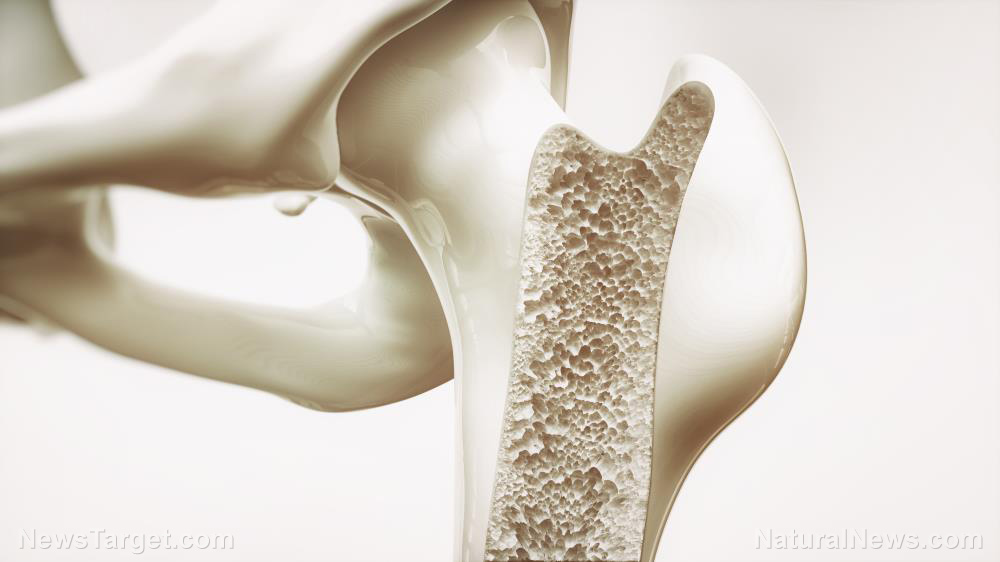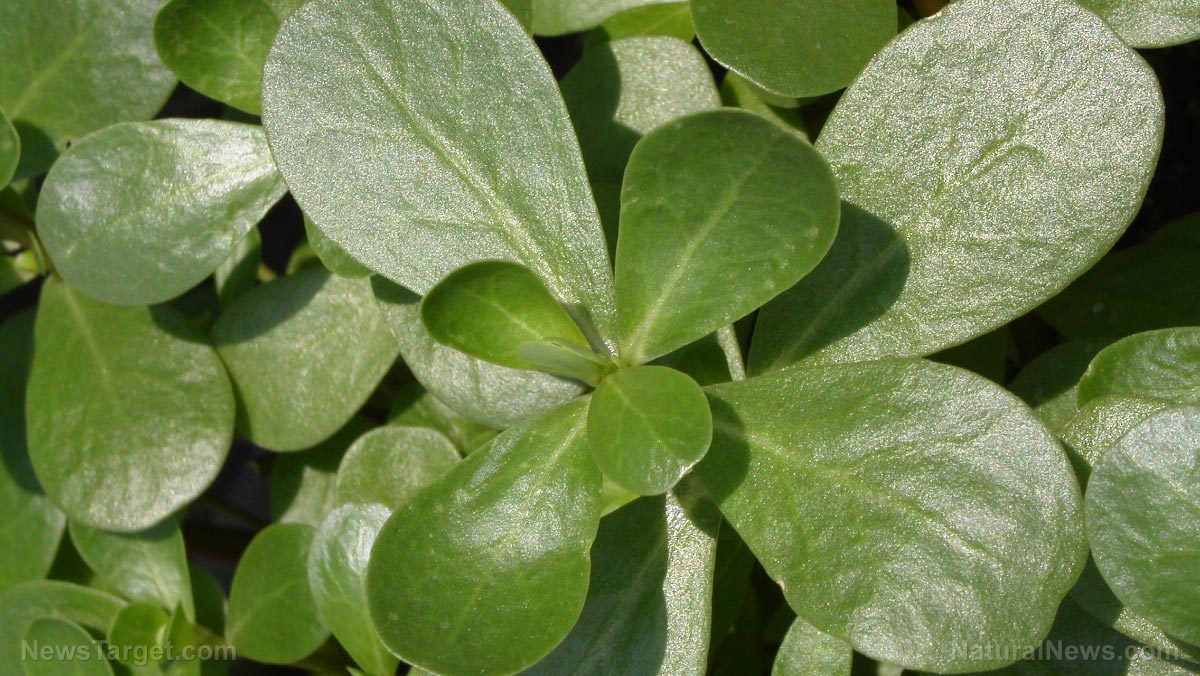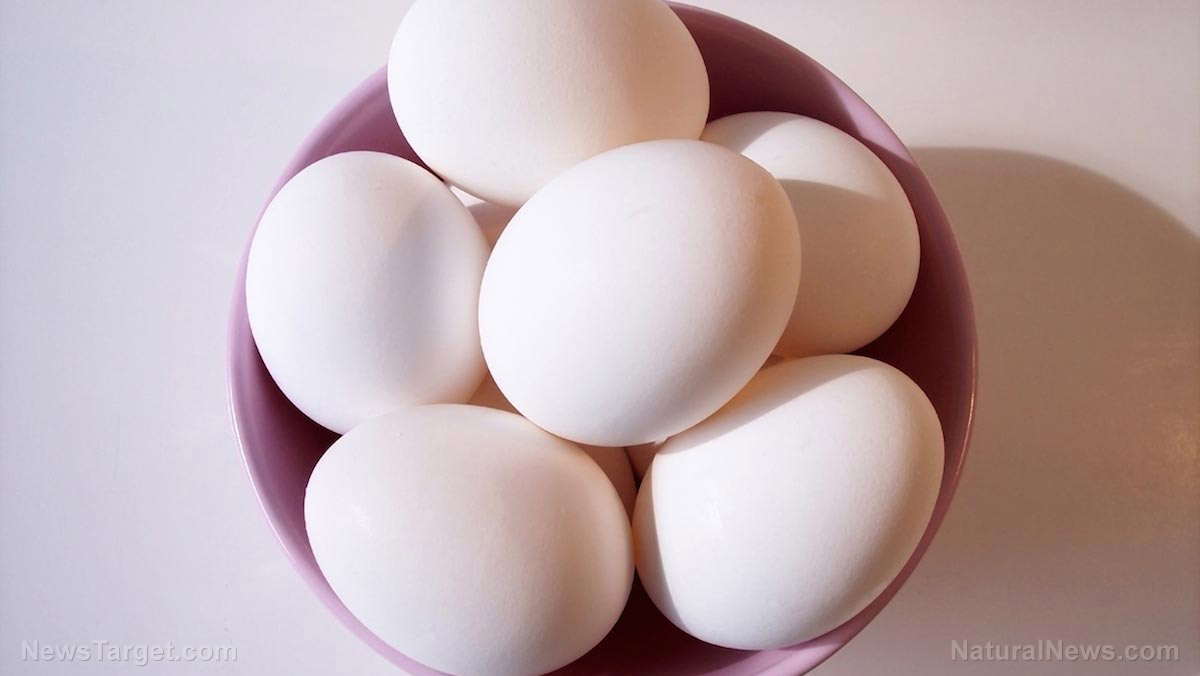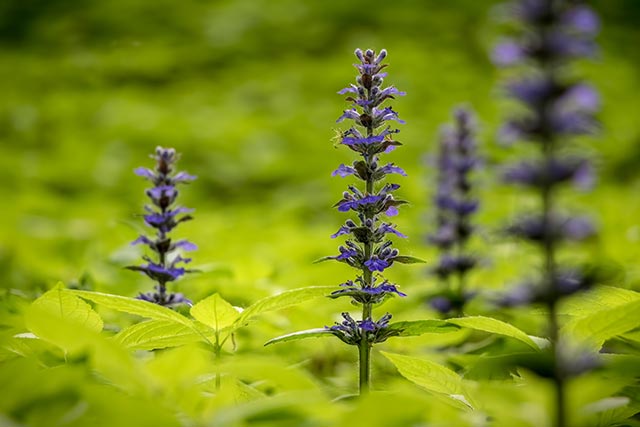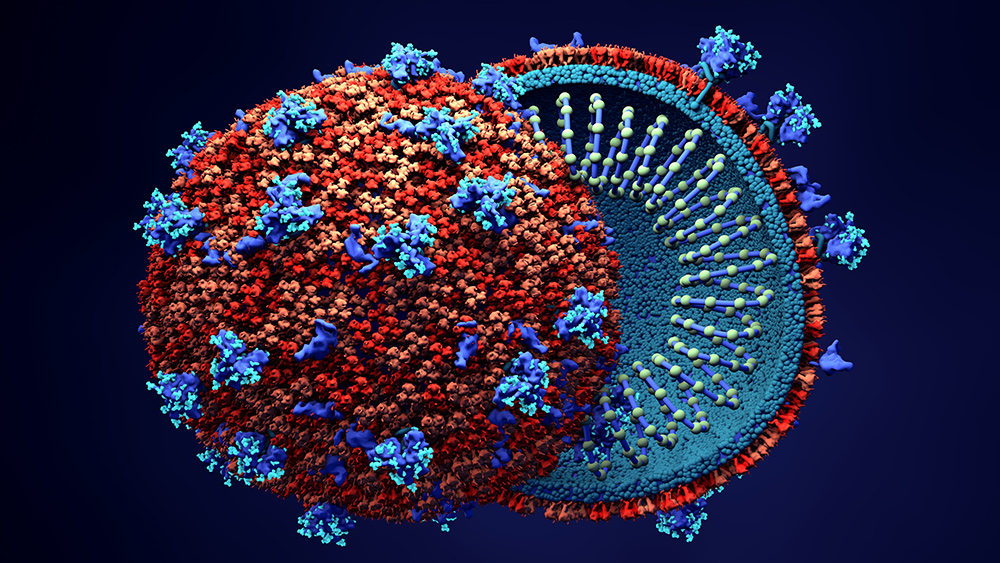Tea boosts your brainpower: Study finds it makes you happy, which boosts creativity
01/20/2018 / By Frances Bloomfield

Tea is a beverage famous for having a plethora of benefits, the vast majority of them relating to health. As a recent study has shown, however, drinking tea can boost your creativity as well. Researchers from Peking University have discovered that this beloved hot beverage can improve mood and enhance cognitive function, thus impacting creativity.
For the study, a total of 90 university students were recruited for two experiments. As part of the first experiment, 50 participants were divided into two groups that either drank one cup of black tea or one cup of water three minutes before the experiment began. All of the students were tasked with building an appealing block design for a fictional toy factory within a 10-minute time frame. The researchers enlisted an additional 10 university students to judge the block designs based on an 11-point scale for grandness, unification, aesthetic appeal, and innovativeness. The tea drinkers group scored 6.54 points while the water drinkers group scored 6.03 points
As part of the second experiment, 40 participants underwent the same procedures as the first. They were separated into two groups and made to drink either black tea or water. However, one participant from the water drinkers group wasn’t given anything to drink. For this portion of the study, the researchers asked the students to name a newly opened ramen shop. They had 20 minutes to come up with up as many “cool and attractive” names as possible. Again, 10 more university students were called in to judge the names based on playfulness and innovativeness. Just like in the first experiment, the tea drinkers scored higher at 4.11 against the 3.78 score of the water drinkers group.
“This work contributes to understanding the function of tea on creativity and offers a new way to investigate the relationship between food and beverage consumption and the improvement of human cognition,” wrote the researchers. (Related: Scientists discover green tea boosts brain cell production, aids memory)
They added: “Two biological ingredients, caffeine and theanine, have beneficial effects on attention, which is an indispensable part of cognitive function. But the amount of tea ingredients our participants absorbed was relatively small. Also, theanine facilitates long-term sustained attentional processing rather than short-term moment-to-moment attentional processing”
Despite this, the researchers believe that the efficacy of tea in the short-term is due to its ability to boost mood.
Make the most of your cup
Tea can be enjoyed in many ways, but there are some things that you can do ensure that your cup is as healthy as can be.
- Brew for 20 minutes: Or, if you can stomach the bitterness. 30 minutes. While this may make for a strong-tasting cup, this makes it highly beneficial too. According to TheConversation.com, brewing for about three solid minutes extracts 80 percent of the theanine, 75 percent of the caffeine, and 60 percent of the catechins. So the longer the brew, the more the bioactives obtained from the tea.
- Opt for tea bags instead of loose leaf tea: While loose leaf tea may be loaded with more bioactives, tea bags may be better when it comes to creativity. For one, the leaves in tea bags are much smaller, which is believed to positively affect the extraction process. Secondly, tea bags tend to contain more stems, which contain more theanine than the leaves.
- Avoid shaking the cup: Doing this increases the number of tannins released into the brew, which causes the tea to taste even more bitter and may even inhibit iron absorption.
- Choose black: Green tea is considered to be the healthiest variety, but black tea usually has the highest caffeine levels. So for that additional creative push, go for black tea.
Whether you’d like to find other natural ways of boosting creativity or want to read up on the other benefits of tea, you can do all that and more by visiting MindBodyScience.news today.
Sources include:
Tagged Under: #nutrition, black tea, Brain, brain function, cognitive function, creativity, happiness, Mind, tea



